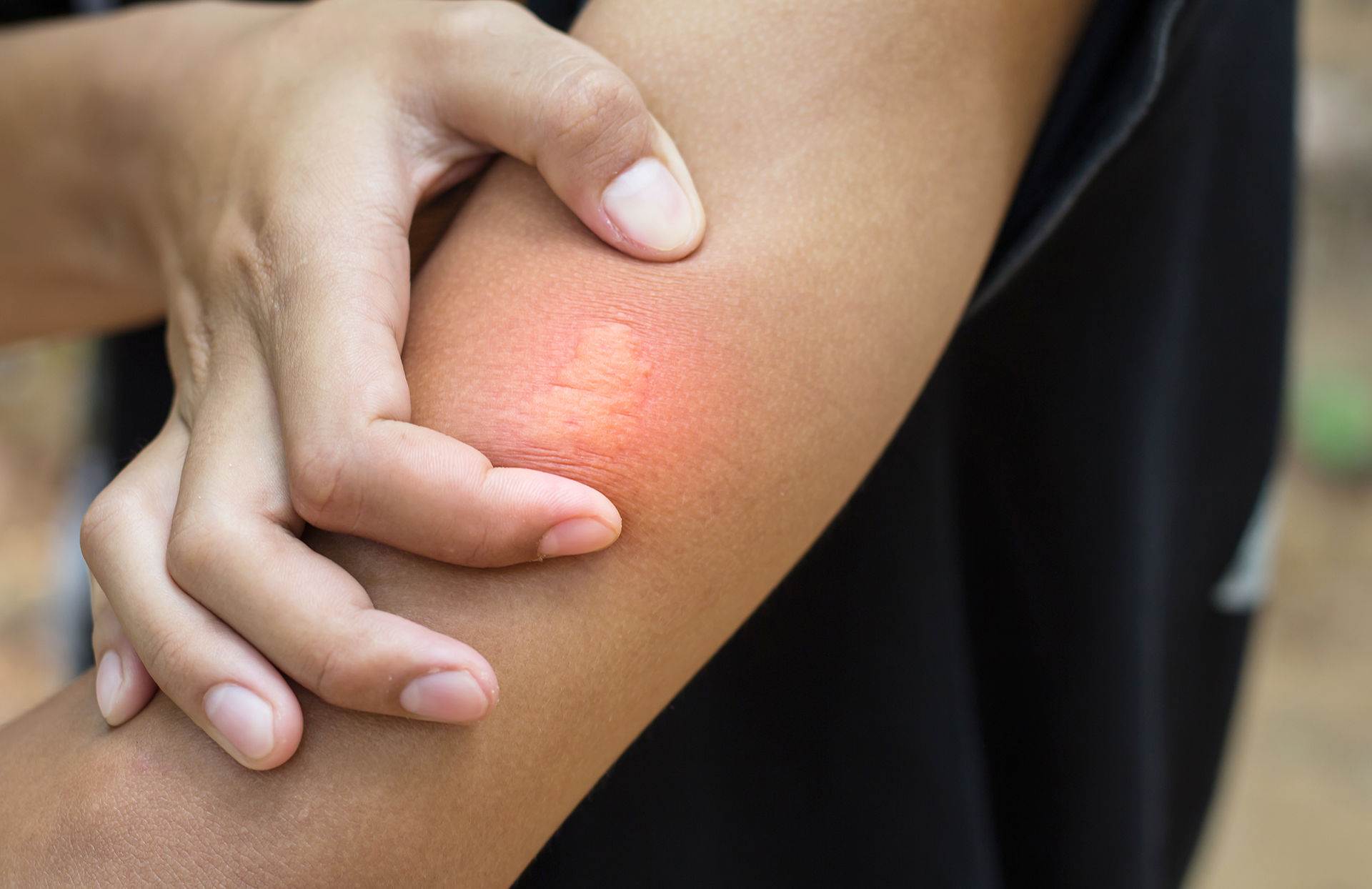What Should I Do If I’ve Been Stung By a Bee?

Bee stings can be a painful and alarming experience, especially for those with allergies to insect stings. The Bee Hunter MA, a leading pest control firm in Massachusetts, is dedicated to safely managing bee populations and educating the community on how to respond if a sting occurs. Here’s a comprehensive guide on what to do if you are receiving a bee sting.
Immediate Steps After a Bee Sting
Remove the Stinger
The first step after being stung by a bee is to remove the stinger as quickly as possible. Bees leave their stinger in the skin, which can continue to release venom for several minutes. Try to use a flat-edged object like a credit card to scrape off the stinger. Avoid using tweezers or squeezing it out, as this can inject more venom into the skin.
Clean the Area
Once the stinger is out, clean the area with soap and water to prevent infection. Pat the area dry with a clean towel and keep it clean until it heals.
Apply a Cold Pack
To reduce swelling and soothe pain, apply a cold or cloth-wrapped ice pack to the affected area for 10-20 minutes. If you don’t have an ice pack, a bag of frozen vegetables is a good alternative. Make sure to wrap it in a cloth to avoid direct contact with the skin.
Managing Pain and Swelling
Over-the-Counter Solutions
For pain relief, over-the-counter (OTC) pain relievers like ibuprofen or acetaminophen can be effective. If the area is particularly itchy, an OTC antihistamine can help manage the reaction. For topical relief, consider applying hydrocortisone cream or calamine lotion.
Natural Remedies for Bee Stings
If you prefer natural remedies, a paste made from baking soda and water can neutralize bee venom and reduce swelling. Apply the paste to the sting area and leave it on for at least 15 minutes. Aloe vera gel is also known for its soothing properties and can help calm the skin.
When to Seek Medical Attention
Signs of an Allergic Reaction
While most bee stings are harmless and only cause temporary discomfort, they can be life-threatening for individuals with bee venom allergies. Seek immediate medical attention if you experience signs of an allergic reaction, such as:
- Difficulty breathing or wheezing
- Swelling of the face, lips, or throat
- A rapid heartbeat
- Dizziness or fainting
- Hives or a rash not confined to the sting area
Multiple Stings or Special Circumstances
If you’ve been stung multiple times, or if the sting is in the mouth or throat area, seeking medical help is crucial. Stings in these locations can lead to swelling that might obstruct breathing. If you know you are allergic to bee stings, use your epinephrine auto-injector (EpiPen) immediately after being stung and then seek emergency medical attention.
Preventing Future Stings
Avoiding Bee Attraction
Bees are attracted to bright colors and floral patterns, so wearing light-colored, solid clothing can help reduce their interest. Avoid using scented products outdoors, as these can attract bees.
Keep Food Covered
When eating outdoors, keep food covered and dispose of trash properly. Be cautious with sugary drinks, as bees can be drawn to them.
Call a Professional
If you notice many bees around your home or discover a hive, do not attempt to remove it yourself. Contact The Bee Hunter, your local pest control expert in Massachusetts, to handle the situation safely and humanely.
Bee Removal Specialist in Massachusetts
Being prepared and knowing how to respond to a bee sting can significantly reduce the discomfort and potential complications. While bees play a crucial role in our ecosystem, respecting their space and seeking professional help when necessary is essential. Stay safe and enjoy the beauty of nature with peace of mind, knowing you’re prepared to handle a bee sting.
